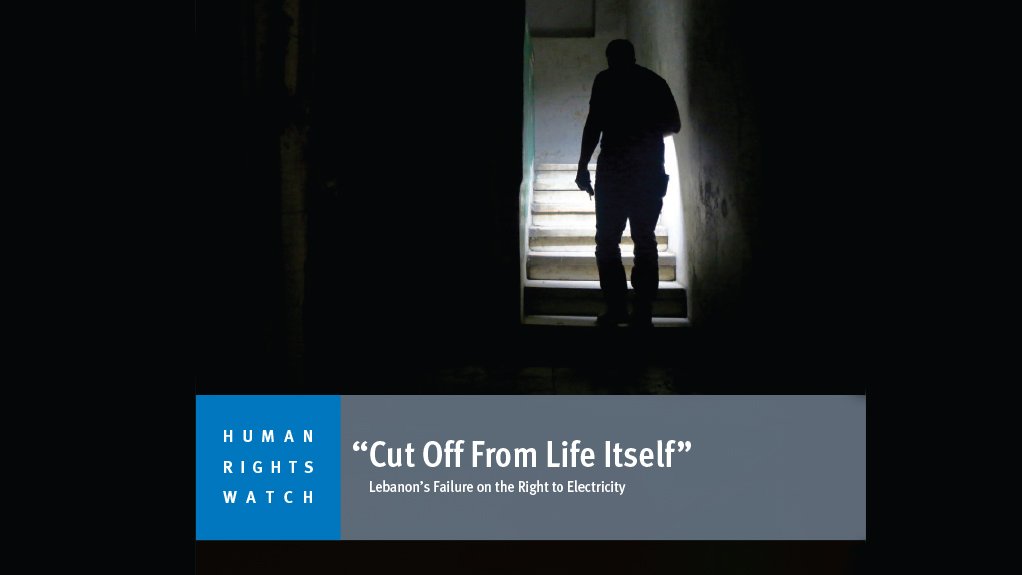- Lebanon’s Failure on the Right to Electricity4.77 MB
Electricity is the vital lifeblood of modern life. It is fundamental to nearly every aspect of living and participating in present-day societies. It allows households to be productive, economically active, able to educate their members, obtain necessary information, maintain health, and recreate. It is essential for lighting, accessing healthcare, medicine and assistive aids, the provision of clean water, refrigeration of food, heating and cooling of homes, transportation, a functioning media, and access to information.
Human Rights Watch concludes that the internationally-protected right to an adequate standard of living includes the right of everyone, without discrimination, to sufficient, reliable, safe, clean, accessible, and affordable electricity. Access to electricity is critical to ensuring other basic rights, including but not limited to the rights to health, housing, water, and education, and should be recognized as a distinct human right. States have a duty to ensure that everyone in their territory or jurisdiction has access to electricity. This means ensuring adequate and sustainable electricity generation and supply and international cooperation to ensure reliable, affordable, and available electricity for the end user.
Report by the Human Rights Watch
EMAIL THIS ARTICLE SAVE THIS ARTICLE ARTICLE ENQUIRY
To subscribe email subscriptions@creamermedia.co.za or click here
To advertise email advertising@creamermedia.co.za or click here











